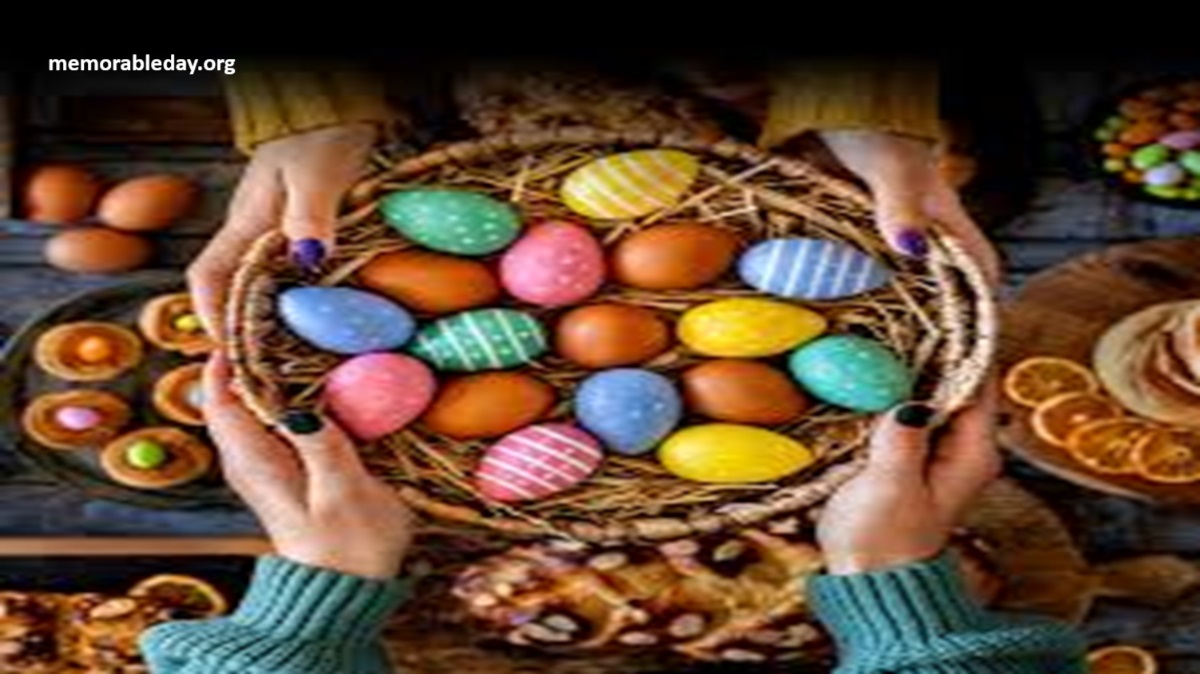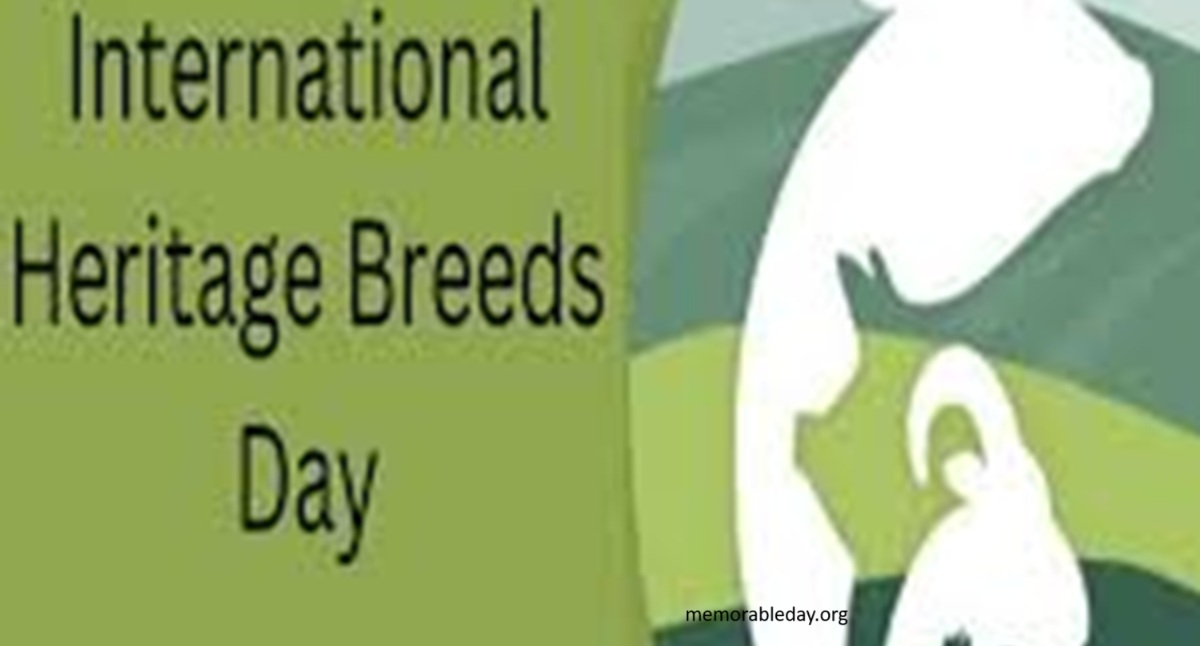
It’s important to clarify a significant point: Orthodox Easter Monday is not celebrated on 6 may. Orthodox Easter, and therefore the following Monday, is a moveable feast, its date determined by the Julian Calendar and complex calculations related to the spring equinox and the phases of the moon. It typically falls several weeks later than Western Easter. Therefore, celebrating it on December 1st would be incorrect. This blog post will address the general celebration of Orthodox Easter Monday, not a December 1st date. It’s crucial to understand this distinction before proceeding.
Orthodox Easter Monday Introduction:
Orthodox Easter Monday, also known as Bright Monday, is the day immediately following Pascha (Easter Sunday), the most important religious holiday in the Orthodox Christian faith. It is a day of continued celebration, joy, and reflection on the Resurrection of Jesus Christ. While Easter Sunday is the pinnacle of the liturgical year, Easter Monday extends the festive atmosphere and allows for further spiritual contemplation.
History of Orthodox Easter Monday:
The celebration of Easter Monday has its roots in the early Church. Following the intense spiritual preparation and joyous celebration of Easter Sunday, the early Christians continued the festivities into the following days. This practice evolved into the observance of Bright Week, the week following Easter Sunday, with each day having its own significance. Easter Monday, as the first day of Bright Week, carries a special importance as the beginning of this extended period of celebration.
When is Orthodox Easter Monday Celebrated?
As mentioned above, Orthodox Easter Monday is a moveable feast. It is celebrated on the Monday following Orthodox Easter Sunday. The date varies each year, but it is always after Western Easter. You should consult an Orthodox liturgical calendar for the specific date each year.
How We Celebrate Orthodox Easter Monday:
Orthodox Easter Monday is celebrated with continued joy and fellowship. Firstly, many Orthodox Christians attend Divine Liturgy (church service) on Easter Monday. Secondly, it is a day for visiting family and friends, exchanging greetings of “Christ is Risen!” (Khristos Voskrese!) and the traditional response, “Truly He is Risen!” (Voistinu Voskrese!). Thirdly, festive meals continue, often featuring the foods prepared for Easter Sunday, such as kulich (sweet bread), paska (cheese dessert), and colored eggs. Furthermore, it is a day for rest and relaxation after the intense spiritual and physical preparations for Easter Sunday.
Why is Orthodox Easter Monday Celebrated?
Orthodox Easter Monday is celebrated to continue the joyous commemoration of Christ’s Resurrection. It allows believers to deepen their understanding of the significance of this event and to share the joy of the Resurrection with their community. Moreover, it is a day to reflect on the spiritual renewal and hope that Easter brings.
Orthodox Easter Monday Greetings/Wishes/Messages/Quotes (Combined due to similar nature):
(These are general Easter greetings, suitable for Orthodox Easter Monday, given the clarification about the date):
- “Christ is Risen! Wishing you a blessed Easter Monday.”
- “May the joy of the Resurrection fill your heart this Easter Monday.”
- “Happy Easter Monday! May the light of Christ shine upon you.”
- “Sending you warm wishes on this joyous occasion of Easter Monday.”
- “Christ is Risen! May your Easter Monday be filled with peace and happiness.”
- “Wishing you a blessed and beautiful Easter Monday.”
- “May the hope of the Resurrection be with you always. Happy Easter Monday!”
- “Happy Easter Monday! Celebrating the victory of life over death.”
- “Christ is Risen! Rejoice and be glad this Easter Monday.”
- “May the love of Christ surround you on this special day. Happy Easter Monday!”
- “Wishing you a joyous and blessed Easter Monday celebration.”
- “Happy Easter Monday! May your heart be filled with gratitude and joy.”
- “Christ is Risen! Wishing you a day of peace and reflection.”
- “May the blessings of Easter be with you and your family. Happy Easter Monday!”
- “Happy Easter Monday! Celebrating the miracle of the Resurrection.”
- “Christ is Risen! May your Easter Monday be filled with love and hope.”
- “Wishing you a beautiful and blessed Easter Monday.”
- “May the joy of Easter continue to fill your heart this Monday.”
- “Happy Easter Monday! Rejoicing in the Resurrection of our Lord.”
- “Christ is Risen! Wishing you a day of celebration and fellowship.”
In conclusion, while celebrating Orthodox Easter Monday on 6 may is incorrect due to the holiday’s moveable date, the spirit of the celebration remains consistent. Orthodox Easter Monday is a continuation of the joyous celebration of Christ’s Resurrection. It’s a day for fellowship, reflection, and continued rejoicing. It’s a time to share the good news of Easter with loved ones and to deepen one’s understanding of the significance of this most holy of days.
Orthodox Easter Monday FAQs:
Q: When is Orthodox Easter Monday celebrated?
A: The Monday following Orthodox Easter Sunday. The date varies each year; consult an Orthodox liturgical calendar.
Q: Is it the same date as Western Easter Monday?
A: No, Orthodox Easter is typically later than Western Easter.
Q: What is the significance of Orthodox Easter Monday?
A: It’s a continuation of the Easter celebration, a day for reflection, fellowship, and rejoicing in the Resurrection.
Q: What are some traditions associated with Orthodox Easter Monday?
A: Attending church services, visiting family and friends, exchanging Easter greetings, enjoying festive meals, and continuing the celebration of the Resurrection.
Q: What is Bright Week?
A: The week following Easter Sunday in the Orthodox tradition, each day holding special significance. Easter Monday is the first day of Bright Week.






